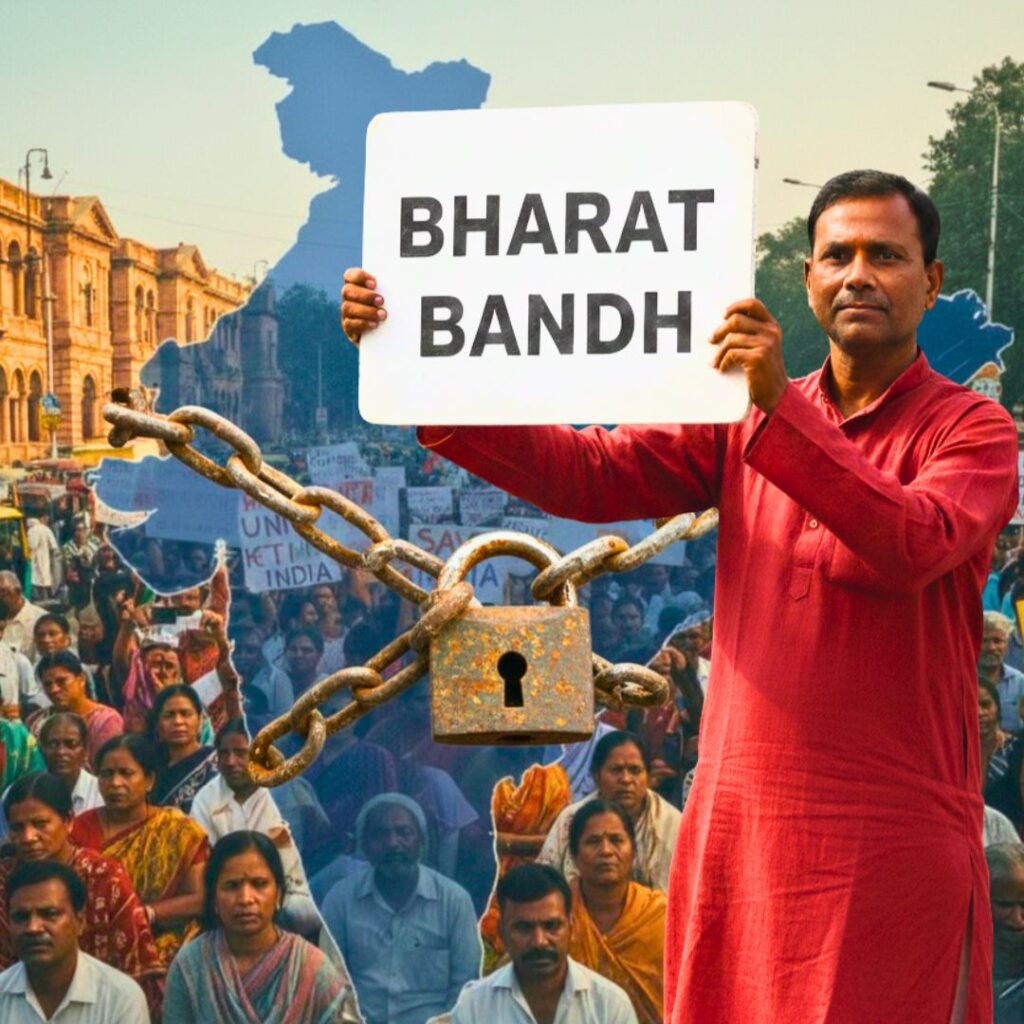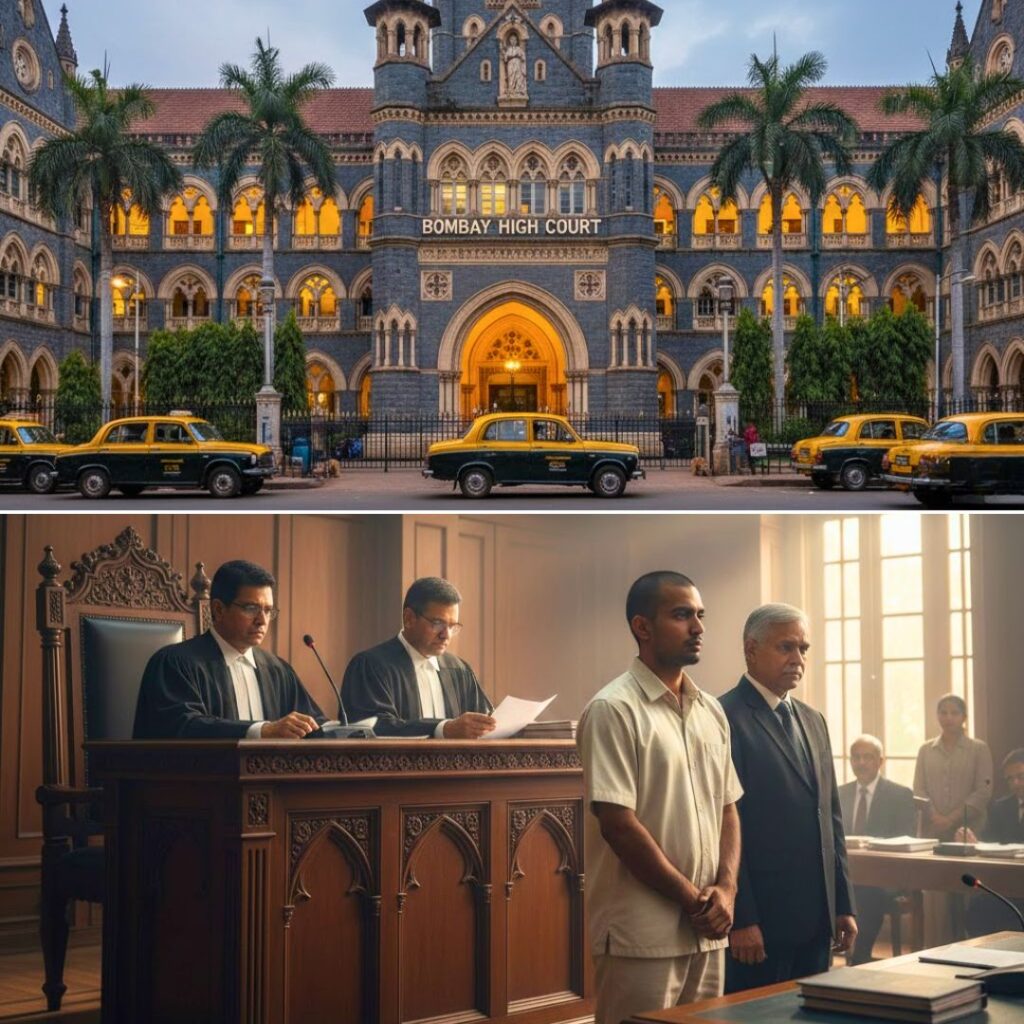In a bid to address the growing concerns of corruption and unfair practices in public examinations, the Karnataka government presented the Karnataka Public Examination (Measures for Prevention of Corruption and Unfair Means in Recruitment) Bill in the Assembly on Wednesday. The proposed legislation suggests severe penalties, including imprisonment for up to 10 years and a hefty fine of ₹10 crore, aiming to deter individuals involved in such activities.
The bill, officially known as the Karnataka Public Examination (Measures for Prevention of Corruption and Unfair Means in Recruitment) Bill, 2023, outlines stringent provisions, including the confiscation of property. The legislation’s primary objective, as stated in its statement of objects and reasons, is to establish effective measures to prevent and combat offences such as question paper leaks and the use of unfair means in public examinations for recruitment purposes within the state government, including autonomous bodies, authorities, boards, or corporations.
The proposed law seeks to act as a deterrent against the escalating trend of unfair practices in public examinations. It aims to dissuade both examinees and those orchestrating such tactics, with the possibility of facing severe legal consequences.
According to the bill, a designated court will be established to handle the trial of offences related to exam irregularities. The intention is to streamline the legal process and ensure timely and fair adjudication of cases as per a report in Hindustan Times.
Crucially, the legislation assures that there will be no additional financial burden associated with its implementation, addressing concerns about the cost implications of such a legal measure.
In a parallel move, the Karnataka government also introduced the Karnataka Goods and Services Tax (Second Amendment) Bill, 2023. This bill replaces an existing ordinance and notifies a 28% GST rate on online games, horse racing, and casinos.
As the Karnataka government takes proactive steps to combat corruption and unfair practices in public examinations, the proposed bill signals a commitment to upholding the integrity of the recruitment process. The severity of the proposed penalties underscores the government’s determination to root out malpractices and ensure a fair and transparent examination system. The introduction of these legislative measures marks a significant development in the state’s efforts to maintain the sanctity of public examinations and safeguard the interests of both candidates and the government.
Also Read: Garba of Gujarat Secures Place On UNESCO’s Intangible Cultural Heritage List












